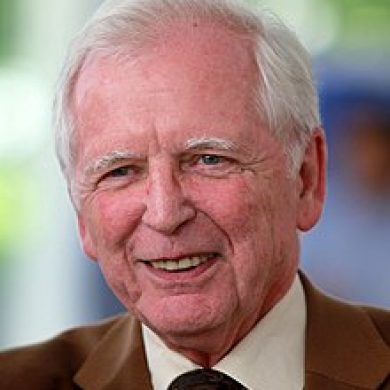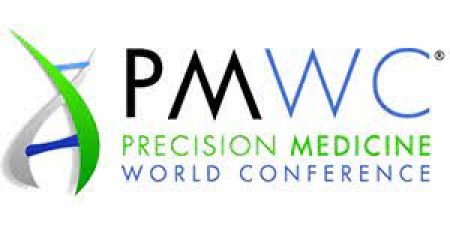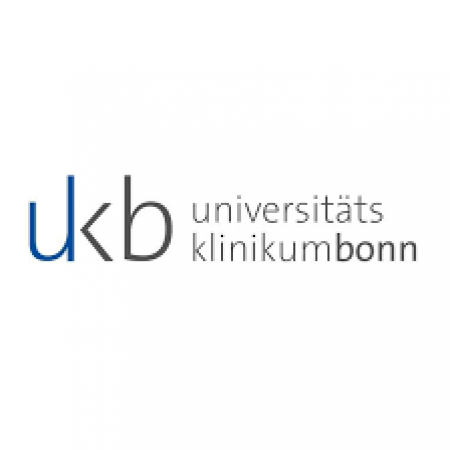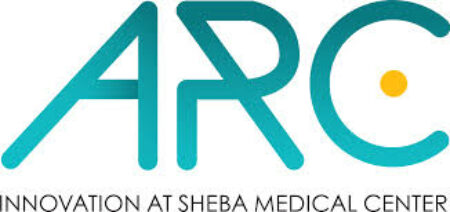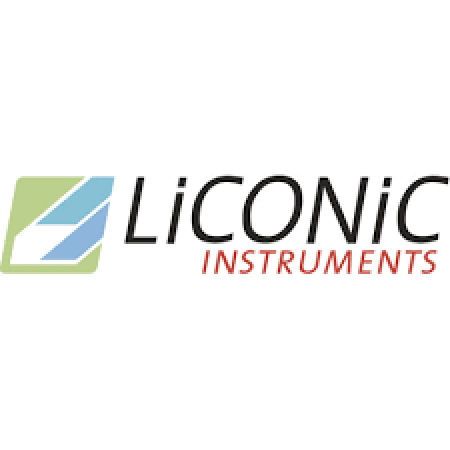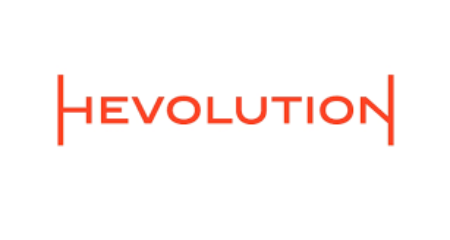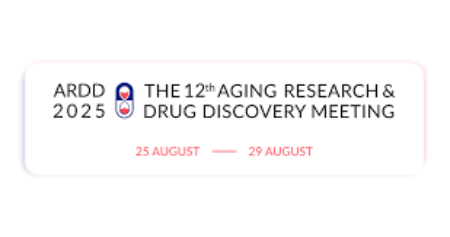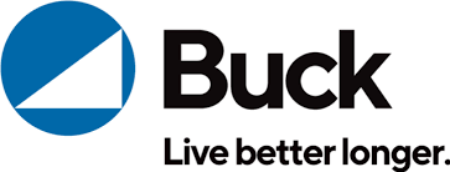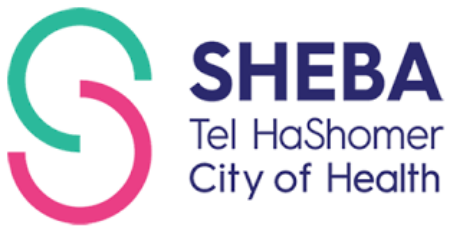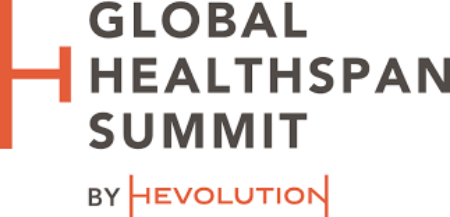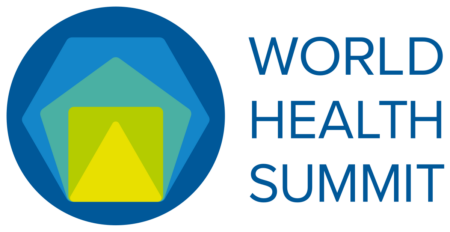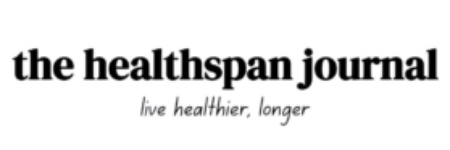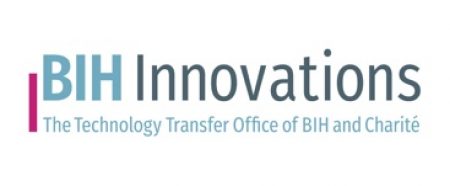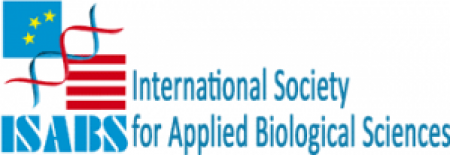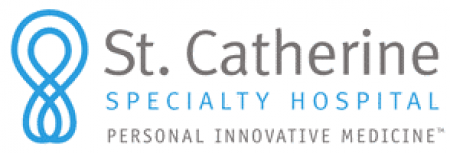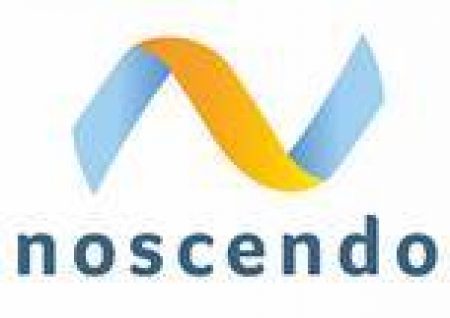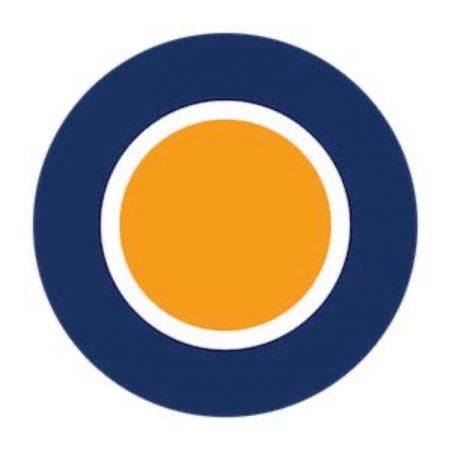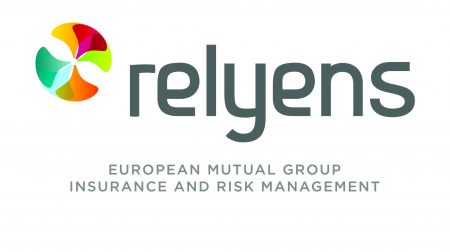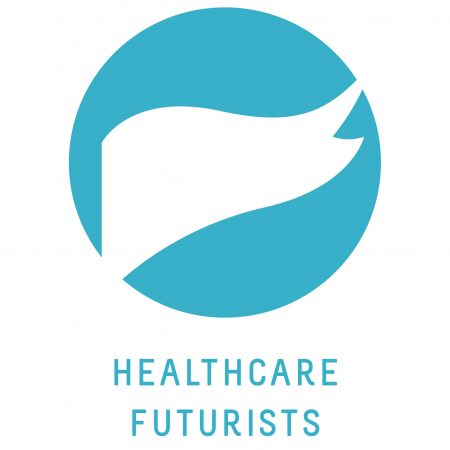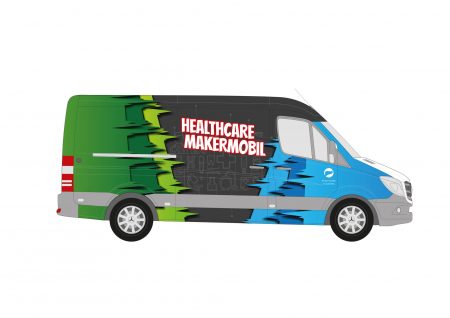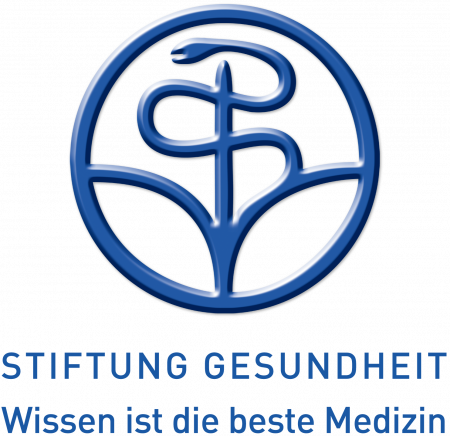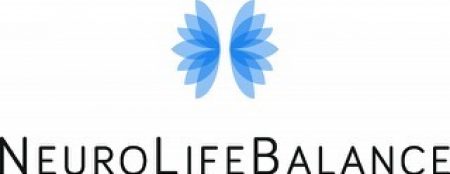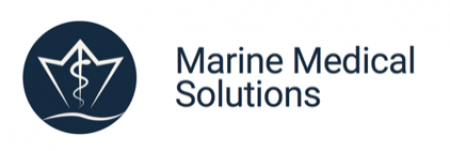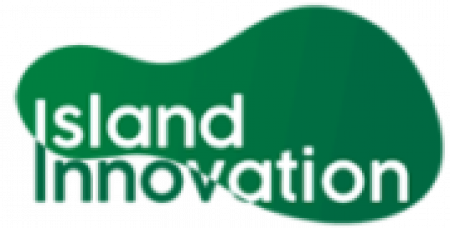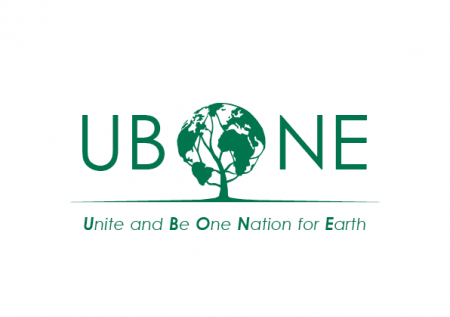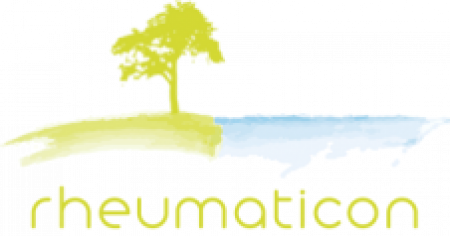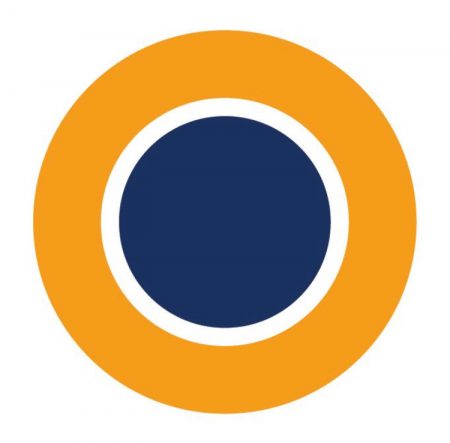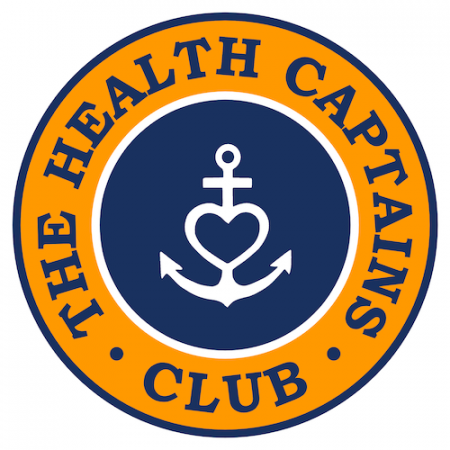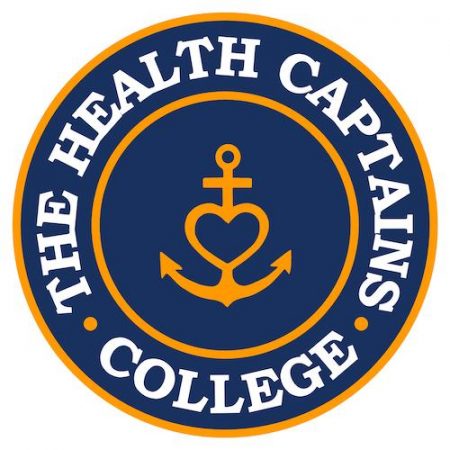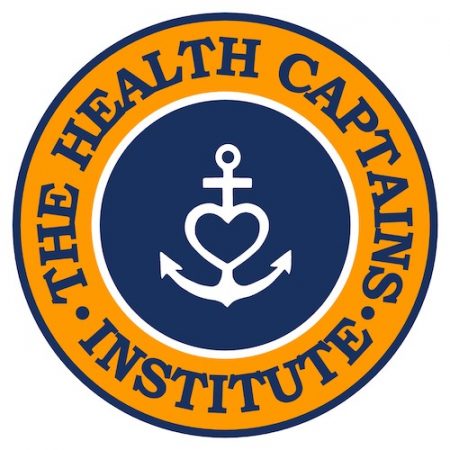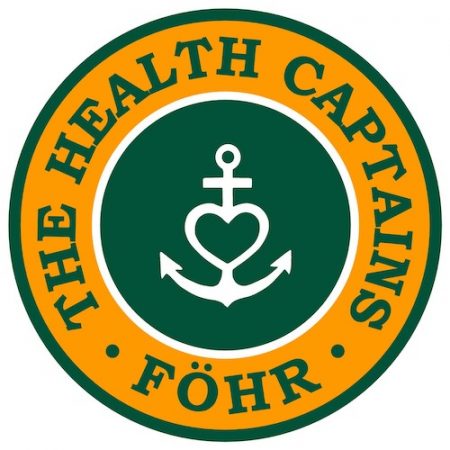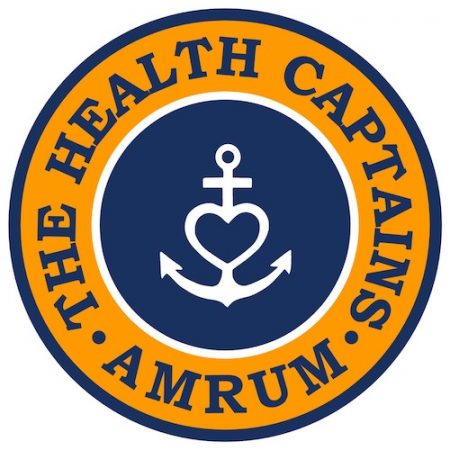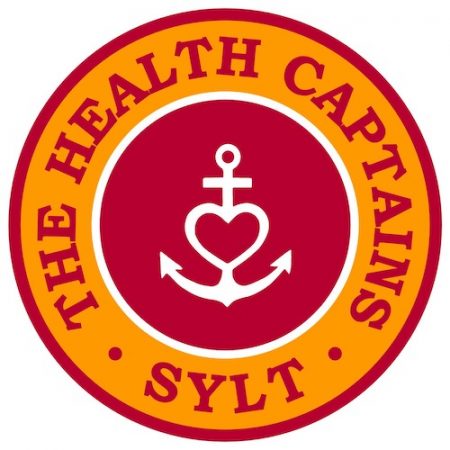
Health 4.0
Unlocking the Science of Healthy Longevity to expand and optimize the Healthspan along the Lifespan 100+
As global societies grapple with aging populations, chronic disease burdens, and health system fragility, a new frontier is emerging at the intersection of genomics, systems biology, AI, and personalized preventive care: Health 4.0.
Health 4.0 goes beyond Medicine 4.0 and Care 4.0 by aligning the full power of 21st-century biomedical science, bioconvergence, and data intelligence around one clear objective: extending the healthspan—the years of life lived in good health—through precision, predictive, and personalized health systems.
By transforming reactive “sickcare” into proactive Lifecare, Health 4.0 offers a strategic and moral response to the Healthy Longevity Challenge: enabling more people, everywhere, to live longer, healthier, more productive lives.
From Sickcare to Lifecare: The Evolution
Medicine 4.0 digitized diagnostics and treatments through AI, robotics, genomics, and telemedicine.
Care 4.0 expanded the model into person-centered ecosystems—including social, mental, and home-based care.
Health 4.0 is the next strategic phase: shifting from disease response to healthspan optimization—powered by systems biology, big data, and real-time, N=1 insights into the individual.
This shift from Imprecision Medicine to Precision Healthspan Expansion redefines value in healthcare: not only in reducing cost, but in increasing capability, independence, and quality of life over time.
The Core Focus of Health 4.0: Healthy Longevity for All
Health 4.0 is grounded in Healthy Longevity Medicine—a new paradigm that aims to:
Detect early biological aging and disease markers
Intervene before pathology develops
Support regeneration, repair, and resilience
Tailor interventions based on individual biological systems and environments
This approach is not limited to wealthy populations or academic research—it is designed to be scalable, affordable, and globally relevant through digital platforms and public-private innovation ecosystems.
Three Global Projects Driving Health 4.0 Innovation
1. The Human Genome Project
Launched in 1990 and completed in 2003, the Human Genome Project (HGP) decoded the full human DNA sequence. It laid the foundation for personalized medicine by identifying gene variants associated with thousands of diseases, and continues to support gene-targeted therapies, pharmacogenomics, and population-wide risk prediction.
Impact for Health 4.0: Genomic literacy has become the foundation of personalized risk scoring, biomarker discovery, and early preventive strategies.
2. The Human Cell Atlas
This international effort is mapping every cell type in the human body using single-cell sequencing. By understanding how different cells function in health and fail in disease, the Atlas helps identify where early degeneration begins—and how it can be countered.
Impact for Health 4.0: Enables tissue-level precision in aging detection, regenerative therapies, and cell-based interventions for degenerative diseases.
3. The Human Phenomics Project
Led by Dr. Leroy Hood at Phenome Health and the Buck Institute, this initiative aims to track longitudinal molecular, clinical, behavioral, and digital data across thousands of individuals to build “phenomic” fingerprints of health and disease over time.
Impact for Health 4.0: Creates personalized, data-rich “scientific wellness” baselines—allowing ultra-early intervention and precision prevention long before symptoms arise.
Precision Health = Precision Healthspan Expansion
By integrating genomics, epigenomics, proteomics, metabolomics, and exposomics with AI and real-world data, Health 4.0 facilitates:
Personalized longevity plans (N=1)
Biological age reversal monitoring
Lifestyle interventions guided by molecular diagnostics
Multi-omics-informed nutrition, exercise, and sleep strategies
Cellular and organ-level rejuvenation therapies
This transformation moves healthcare systems away from reactive cost centers toward value-based engines of human potential—driving national productivity, social cohesion, and economic sustainability through a new Healthspan Economy.
The Healthspan Dividend: Why It Matters
According to the National Academy of Medicine and leading global economists, adding just one healthy year of life to every citizen in a country would yield:
€30 to €50 billion in economic productivity gains (per large EU nation)
Reduced burden on long-term care and pensions
Increased workforce participation and tax revenues
Better quality of life and intergenerational well-being
Health 4.0 offers the roadmap to capture this longevity dividend through measurable outcomes and scalable solutions.
Anchoring Health 4.0 in the Lifecare Framework
THE HEALTH CAPTAINS INSTITUTE, through its One Health Regions, Islands, and the interdisciplinary HEALTH CAPTAINS CLUB, anchors Health 4.0 within a transcontinental Lifecare strategy.
Its leadership focus includes:
Connecting University and Academic Medical Centers to the science of healthy longevity
Building interoperable health and digital infrastructures to apply phenomics at scale
Empowering regional health innovation ecosystems through demonstrator hubs
Facilitating policy, financing, and research alignment for sustainable healthspan expansion
Through this model, THE HEALTH CAPTAINS INSTITUTE aims to democratize access to Healthy Longevity Medicine—transforming every region, city, and island into a future-proofed Lifecare zone.
Conclusion: Health 4.0 Is the Future of Lifespan and Healthspan
Health 4.0 redefines the purpose of healthcare in the 21st century: not to simply treat disease, but to optimize the human lifespan through healthspan. With the convergence of global science projects, next-gen technologies, and leadership platforms like THE HEALTH CAPTAINS INSTITUTE, the transformation is no longer hypothetical—it is operational.
We now stand at the threshold of a future where:
Chronic disease is delayed or prevented
Aging is slowed or reversed
Health is maintained—not restored
And everyone, not just the privileged, can access the tools to live healthier, longer, more meaningful lives
The shift from sickcare to Lifecare is not just a strategy—it is a moral imperative.
References
Hood, L., & Price, N. D. (2022). The Human Phenomics Project and the Future of Scientific Wellness. Phenome Health.
Human Genome Project. (2003). Final Sequencing and Analysis of the Human Genome. Nature.
Regev, A. et al. (2020). The Human Cell Atlas: From Vision to Reality. Nature.
National Academy of Medicine. (2022). Global Roadmap for Healthy Longevity.
Buck Institute for Research on Aging. (2023). Healthy Longevity Science and Translational Medicine.
OECD. (2021). Bioconvergence and the Future of Health Innovation.
The Health Captains Club. (2025). Lifecare Leadership for Precision Healthspan Expansion. www.healthcaptains.club
“WE DON’T KNOW WHAT WE DON’T KNOW”
EXPLORING THE UNEXPLORED
LEADERSHIP FOR EXPLORING SUSTAINABLE HEALTH
“360º NEXT GENERATION SUSTAINABLE VALUE-BASED LIFECARE POWERED BY NEW INNOVATIONS AND NEW TECHNOLOGIES AND THE SUPER-CONVERGENCE IN MEDICINE AND HEALTH SCIENCES NAVIGATING US TOGETHER TOWARDS A SUSTAINABLE HEALTH INDUSTRY”
AFFILIATES TO THE CLUB
OUR ALLIES
